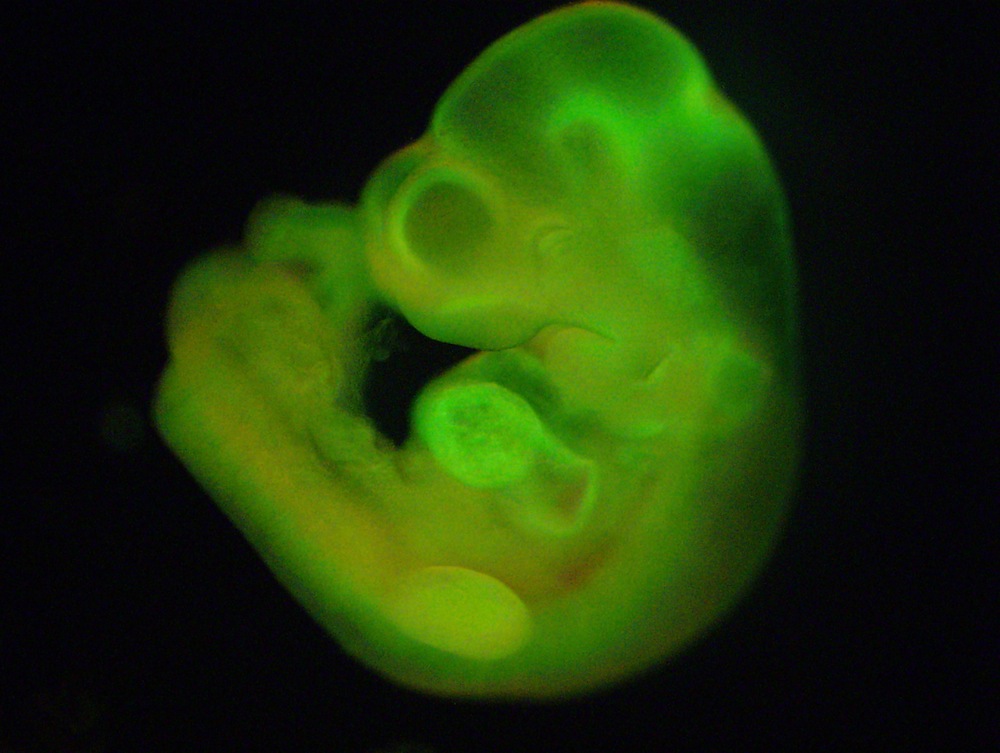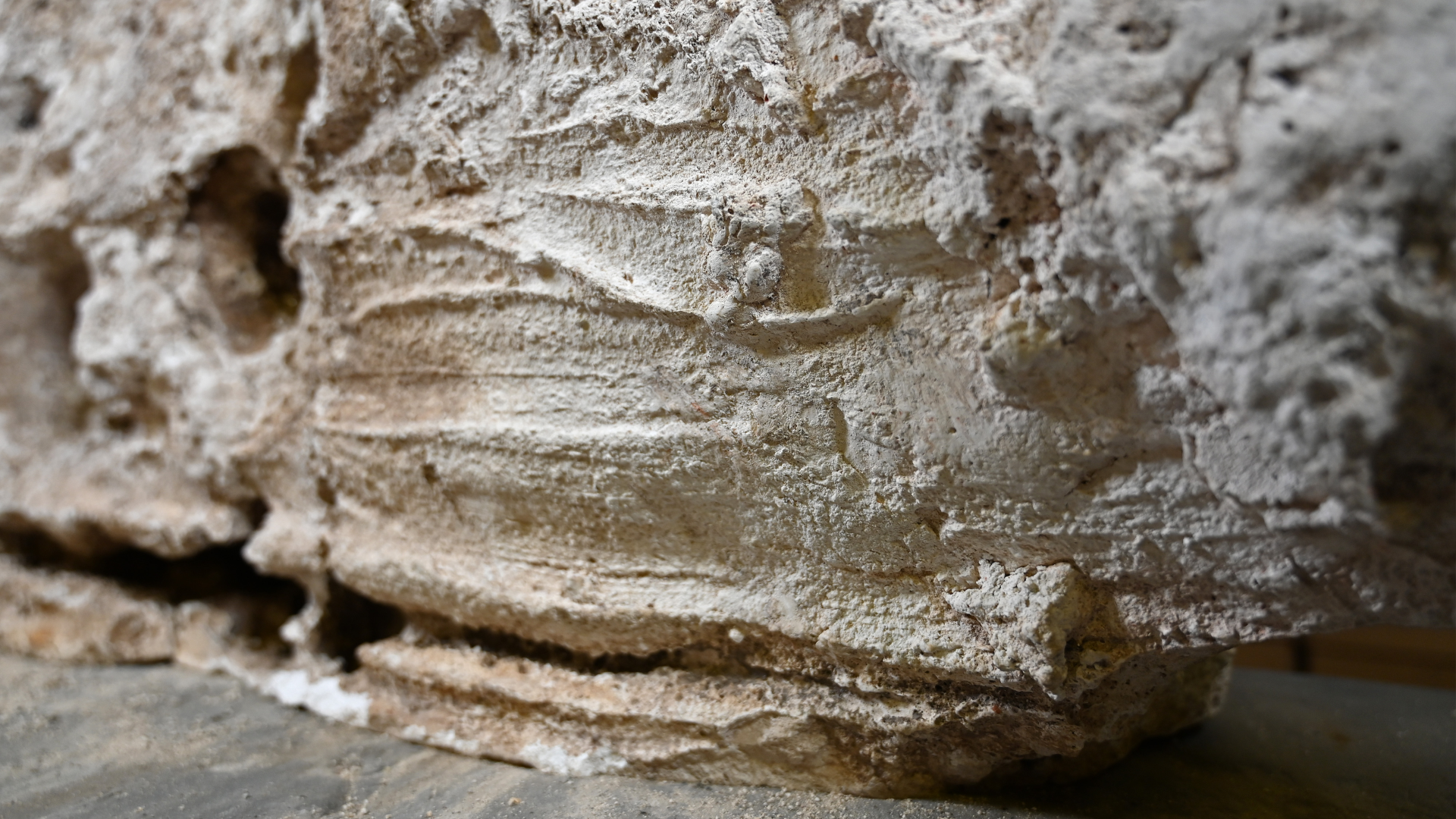Stem Cell Scientist Agrees to Retraction


Japanese scientist Haruko Obokata, who is accused of fabricating stem cell research, has agreed to retract the papers she published describing her work, according to news reports.
The two papers, published in January in the journal Nature, described a new way to turn mouse blood cells into stem cells, which are cells that have the ability to become any type of tissue, by bathing the cells in acid. The researchers called the technique stimulus-triggered acquisition of pluripotency, or STAP.
However, the findings sparked widespread skepticism in the scientific community, and several labs reported they were unable to replicate the results.
The Riken Center for Developmental Biology where Obokata works launched an investigation into her research and found her guilty of fraud and data fabrication in April. After initially defending her discovery, Obokata has now agreed to retract both papers, Riken's public relations officials are reportedly saying.
Obokata may participate in an experiment arranged by an outside panel at Riken to determine whether the controversial STAP technique works, Teruo Kishi, the panel chairman told news media on Monday.
Email Bahar Gholipour. Follow us @LiveScience, Facebook & Google+. Original article on Live Science.
Get the world’s most fascinating discoveries delivered straight to your inbox.



